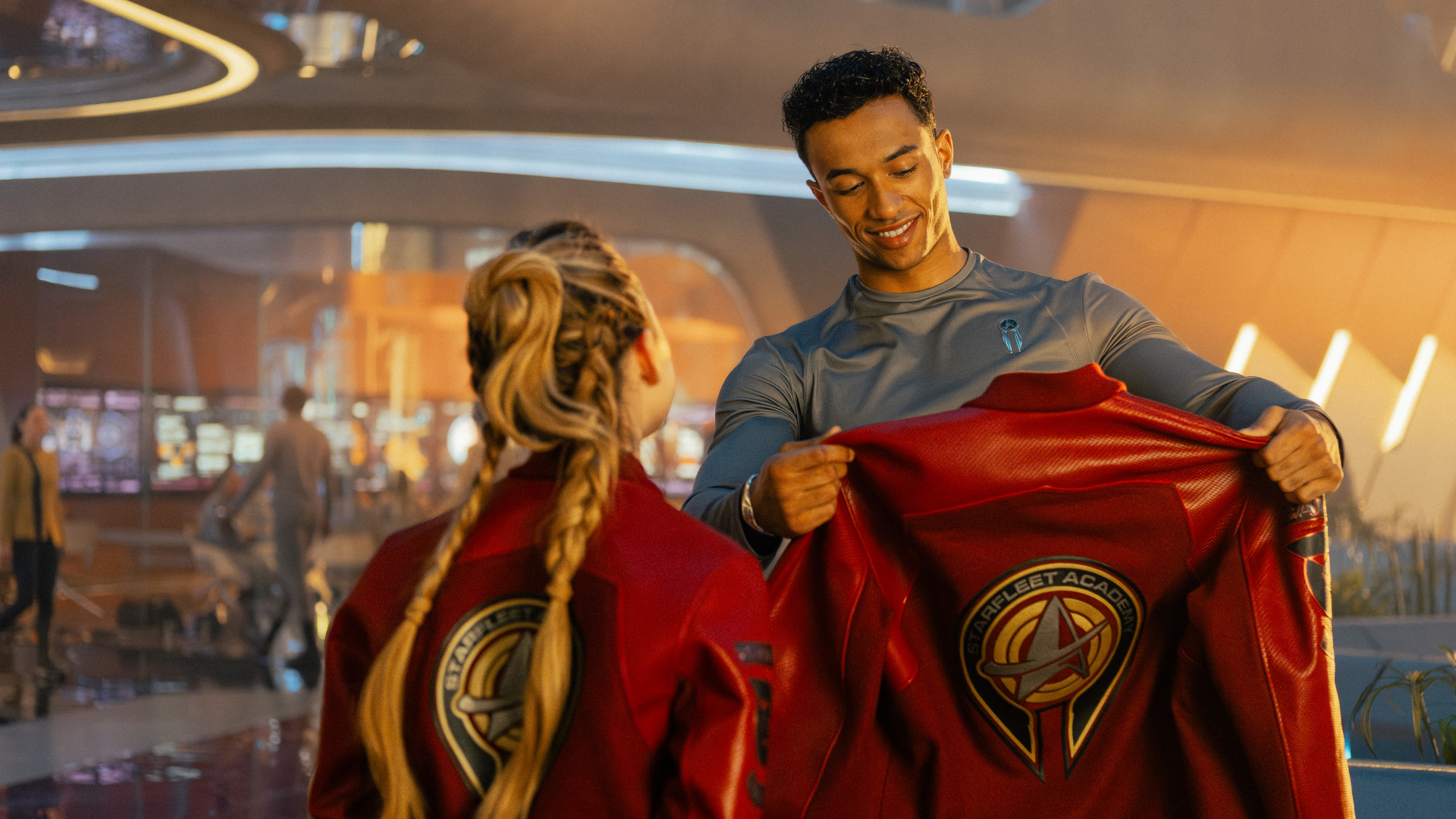NASA Rescues Baby Sea Turtles Threatened by Gulf Oil Spill
Endangered babysea turtles plunged further into harm's way from the massive oil slickoff theGulf Coast have found reprieve at NASA's Kennedy Space Center inFlorida.
Space centerworkers have released 22 young Kemp's ridley sea turtles raised fromeggs in anest that was rescued last month from the oiledbeaches of Walton County, Fla., on the northern Gulf Coast.The nest was packedin a Styrofoam box with sand and transported by FedEx truck to asecure,climate-controlled facility at the space center near Cape Canaveral.
The massiveoil slick occurred in April, when the Deepwater Horizon oil rigoperated by BritishPetroleum exploded in the Gulf of Mexico. BP is making a new effort tostaunchthe flow this week with a cap applied to the broken well on theseafloor.
NASA'sKennedy Space Center is the launch site for the agency's space shuttlefleet.
Firsthatchlings
After weeksof continuous monitoring, the first group of hatchlings from therescued nest wereset free on July 11 from a Kennedy Space Center beach.
The releaseand relocation work is involves joint effort of NASA, the U.S. Fish andWildlife Service, the Florida Fish and Wildlife ConservationCommission, theNational Park Service, NOAA, conservationists, and FedEx.
Breaking space news, the latest updates on rocket launches, skywatching events and more!
Thecollaboration plans to move an anticipated 700 nests from the FloridaPanhandleand Alabama beaches over the next several months to protect more endangeredsea turtles.
Spacecenter hatchery
Most of thenests that will be collected are loggerhead turtles, but other speciessuch as leatherbackturtles, green, and Kemp's ridley may be included in theendeavor, NASAofficials said in a statement.
"Sothis is the very first Gulf Coast nest from the DeepwaterHorizon oil spill," a wildlife technician handling the fledglingturtlesannounced in a NASA videomade during the release of the first hatchlings.
"Thesign that these animals are starting to pip and come and prepare toemerge overthe next two days is very big, good news," she said. "This means theysurvived the excavation process, they survived the trip across thestate ofFlorida, they made it into our facility, and they're doing what theynormallywould do, and this is just great. Good stuff."
Located onthe Merritt Island National Wildlife Refuge, the NASA Kennedy SpaceCenteralready possesses the expertise and equipment to care for a variety ofwildlife. As part of the Deepwater Horizon Response, six brownpelicans, fourlaughing gulls and one common tern also were released at the spacecenter onJune 6.
Zoe Macintosh is a science writer who covered human spaceflight, astronomy and science for Space.com in 2010. She also covered general science for Space.com's sister site Live Science. Zoe studied English literature and physics at Smith College, where she also wrote for the Smith Sophian. Her work has also appeared in the National Association of Science Writers website.
